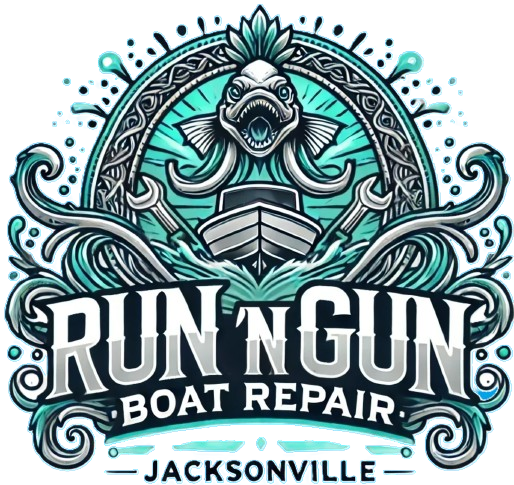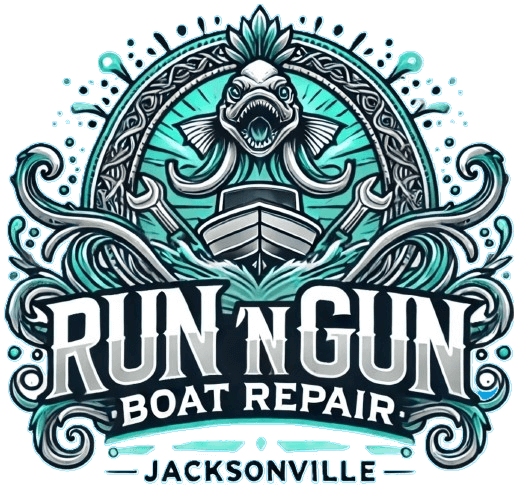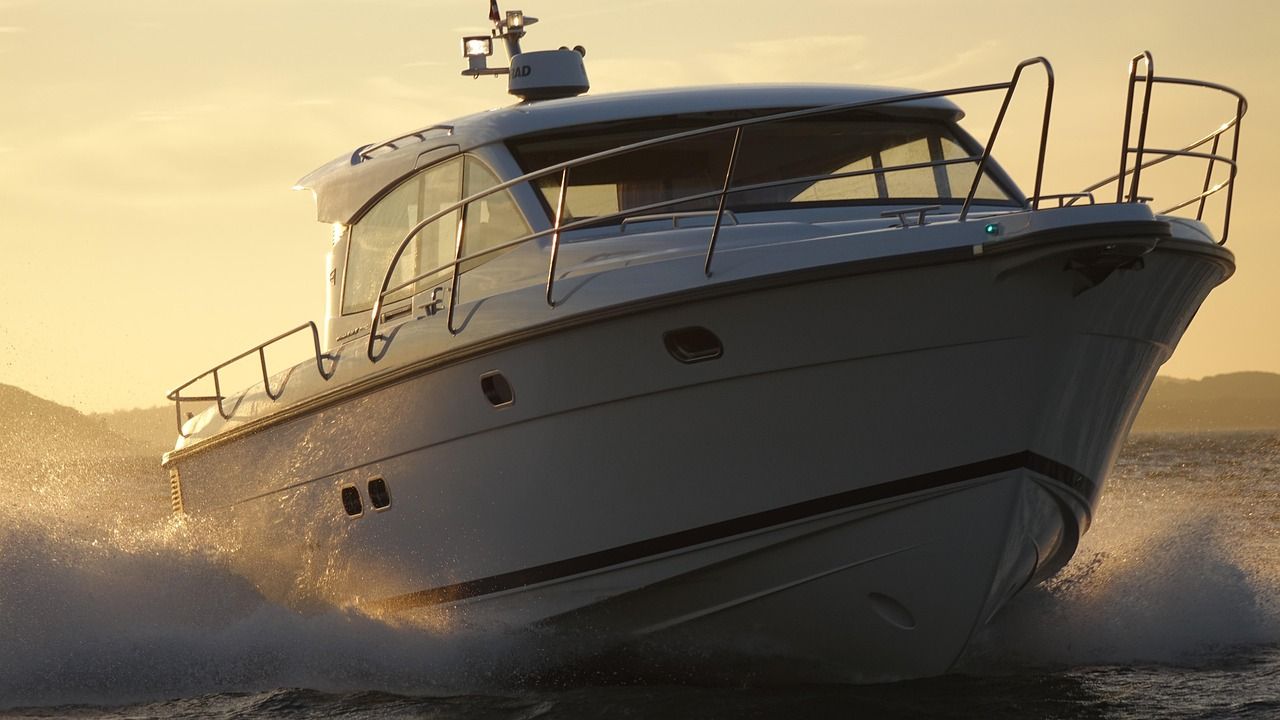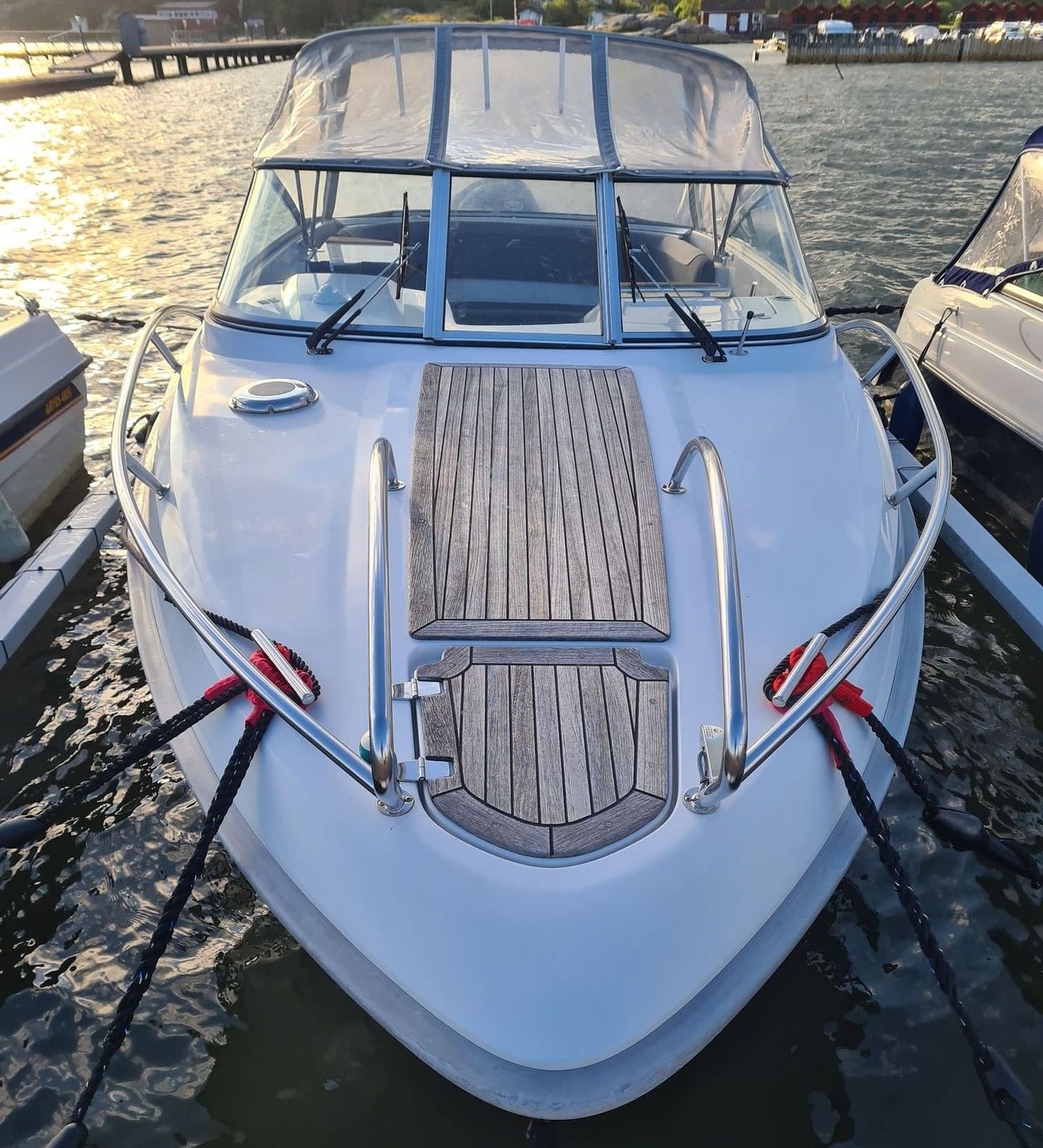How to Hurricane-Proof Your Boat: Essential Tips for Jacksonville Fl
Strom-Proof your Boat - a Guide for Jacksonville FL
As Hurricane Milton moves through the Atlantic, boat owners up and down Florida’s coastline are bracing for its impact. While Jacksonville may not be at the center of its projected path, the unpredictable nature of hurricanes makes it crucial for boaters to prepare thoroughly. Proper preparation can help protect your vessel from damage, ensuring it's ready for use when the storm has passed. Here’s a guide to hurricane-proofing your boat, since it`s more pressing than ever.

Understanding the Risk: Hurricane Milton’s Impact on Florida
Florida’s location makes it particularly susceptible to hurricanes, with strong winds, heavy rain, and storm surges being common challenges. Hurricane Milton is expected to impact areas to the south of Jacksonville, but this doesn’t mean the city is in the clear. Even when a hurricane's center isn't directly over Jacksonville, outer bands can bring intense rain and gusty winds, posing risks to boats moored in the area. Preparing for such conditions is a must for boat owners across Florida.
1. Choose a Safe Location for Your Boat
One of the most important aspects of protecting your boat during a hurricane is deciding where to keep it. Here are a few options that are effective across Florida’s coastal communities:
- Move to an Inland Marina or Dry Storage Facility: Relocating your boat away from the coast offers significant protection against storm surges. Facilities farther from the open ocean and bays, like those found along rivers and inland waterways, often provide safer options. In Jacksonville, this could include marinas along the St. Johns River, while areas further south have similar inland facilities.
- Look for Hurricane-Ready Shelters: Some marinas and boatyards in Florida are designated hurricane shelters, designed to withstand stronger winds and higher water levels. Check with local marinas to see if they offer this service, which can be a good option if moving the boat inland isn’t feasible.
- Anchor in a Protected Location: If you need to leave your boat in the water, find a well-protected area, like a creek or cove, where it will be shielded from strong currents and winds. Avoid anchoring in areas exposed to open water or strong tidal flows, which are more vulnerable to damage.
2. Secure Your Boat Properly
Properly securing your boat is critical in preventing it from being tossed around during a storm. Here’s how to do it:
- Double Up on Dock Lines: Using double lines adds extra security. Make sure lines are long enough to account for rising water levels due to storm surge and are tied high on pilings. Using strong, marine-grade ropes is essential for withstanding the increased pressure of hurricane conditions.
- Remove Loose Items: Clear your boat of any loose items, including cushions, sails, and gear that could become projectiles. Store these items in a secure location indoors to prevent damage.
- Use Chafe Protection: Protect your dock lines from wear and tear by adding chafe guards where the lines rub against your boat or dock. This small step can prevent lines from breaking under the strain of high winds and rough waters.
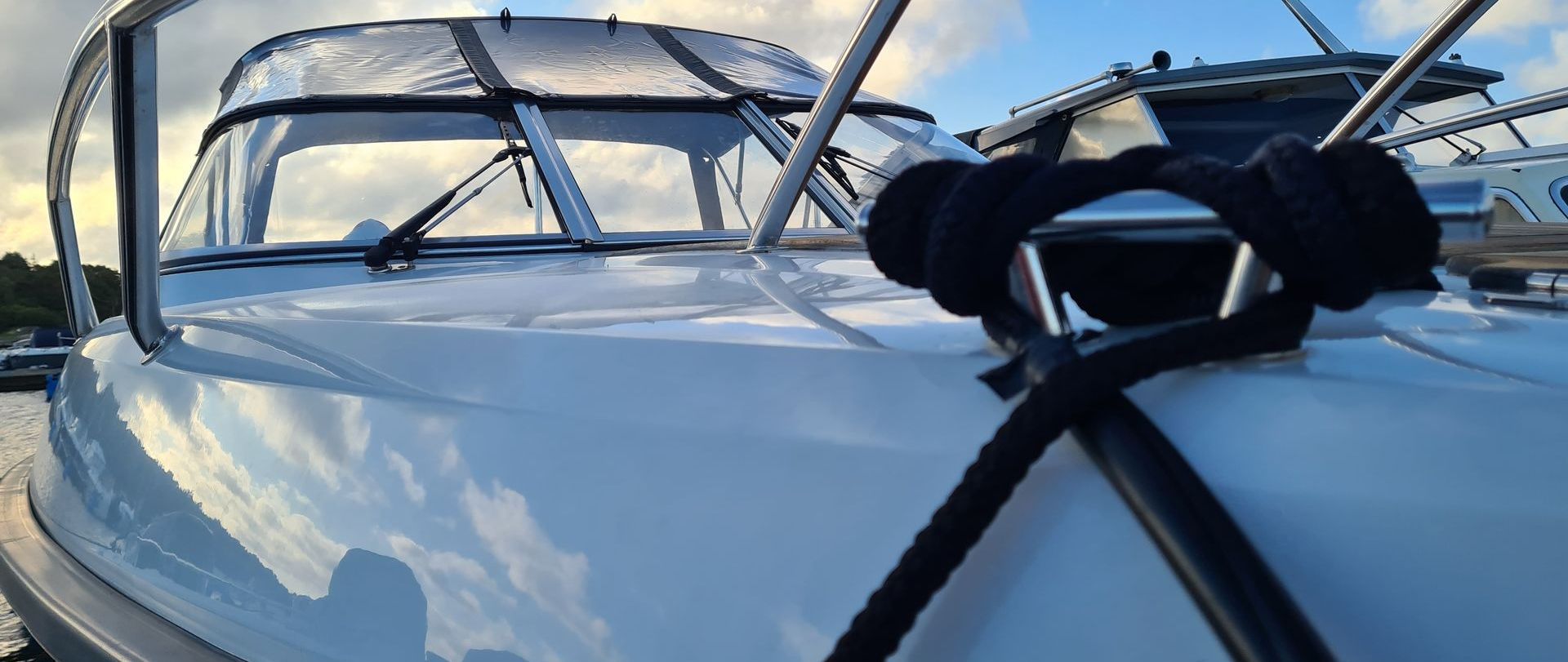
3. Prepare Your Boat’s Interior and Systems
Taking care of your boat’s interior and critical systems will help minimize damage during the storm:
- Seal All Openings: Make sure all hatches, ports, and windows are securely closed. Use marine-grade tape to reinforce these seals against wind-driven rain.
- Disconnect Electrical Systems: Turn off the boat’s electrical systems and disconnect the battery to prevent damage from power surges caused by lightning or water intrusion.
- Check Bilge Pumps and Batteries: Ensure that your bilge pump is operational and that backup batteries are fully charged. A reliable bilge pump can prevent water accumulation during heavy rainfall, reducing the risk of your boat taking on water.
4. Develop a Hurricane Plan with Local Authorities
Whether you’re in Jacksonville or further down the coast, having a clear hurricane plan is vital:
- Register with Local Marinas: Many marinas have specific protocols during hurricane season, such as evacuation orders or storage options. Registering your boat with local facilities can provide you with timely updates.
- Stay Informed with Weather Updates: Monitor local news and the National Hurricane Center for the latest information on Hurricane Milton or any other storms that may follow. Understanding the storm’s path will help you make better decisions.
- Keep Emergency Contact Information Ready: Have the contact details of local marinas, boatyards, and emergency services on hand. This ensures you can act quickly in case you need assistance.
5. Review Insurance and Documentation
Having the right insurance coverage and documentation can make a big difference in the aftermath of a hurricane:
- Check Your Insurance Coverage: Review your boat insurance policy to ensure it covers damage caused by hurricanes. Many policies have specific requirements for storm preparation, so it’s essential to follow those guidelines to remain eligible for claims.
- Take Photos for Documentation: Document your boat’s condition with photos before the storm arrives. This can expedite the claims process with your insurance company if your boat is damaged.
6. After the Storm: Assessing and Repairing Your Boat
When the storm has passed, it’s time to assess any damage and begin repairs. This is where our services come in:
- Inspect for Damage: Check your boat for structural issues, water damage, and electrical problems. Focus on critical areas like the hull, engine, and electronics.
- Contact Your Insurance Company: Start the claims process as soon as possible if your boat is damaged. Having pre-storm photos and a clear understanding of your policy can help.
- Get Professional Repairs: Our boat repair Jacksonville, FL, are fully equipped to handle post-storm repairs, whether it’s fixing hull damage, repairing outboard motors, or addressing water intrusion issues. With experience in handling hurricane-related damage, we can get your boat back in top shape so you can return to the water quickly and safely.
Stay Prepared, Protect Your Boat and Stay safe!
Hurricane Milton’s approach serves as a reminder of the importance of proper preparation during hurricane season. While Jacksonville may not face the worst of this storm, the unpredictable nature of hurricanes means that all boaters should be prepared. By taking the time to secure your vessel, move it to a safe location, and work with local experts, you can protect your investment and ensure a quick recovery after the storm.
If you’re in need of assistance with post-storm repairs or want more advice on how to prepare, reach out to us. We are committed to helping Jacksonville boaters navigate the challenges of hurricane season and keep their vessels in top condition. Stay safe, and let’s weather this storm together!
You might also like
More Information and Stories about the boat repair!
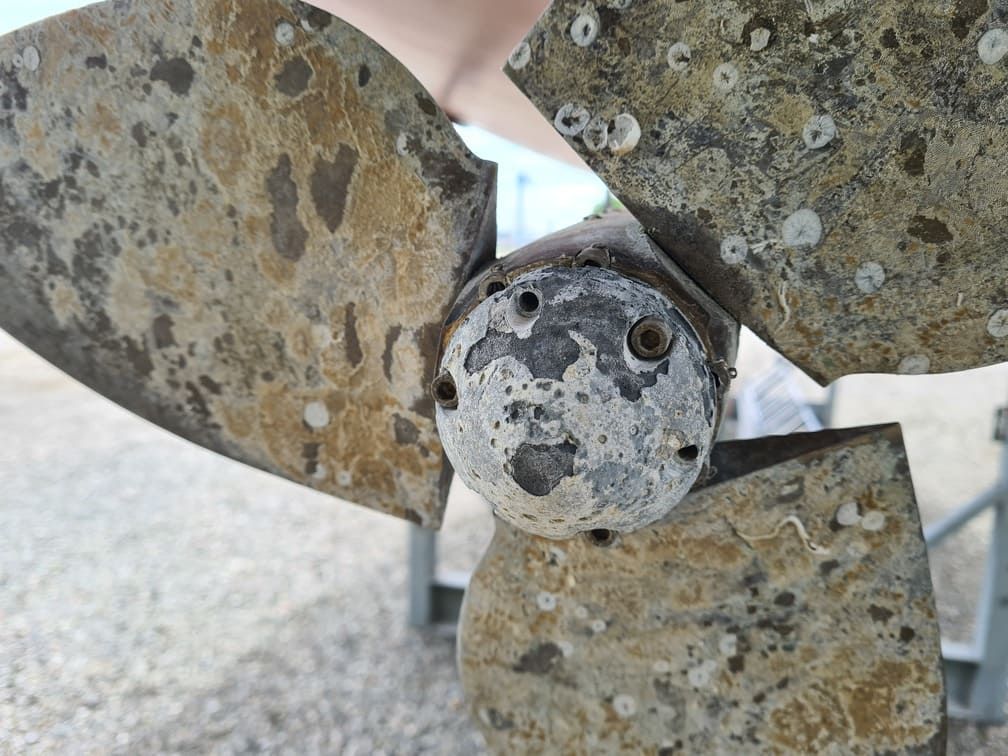
Experience the convenience of on-the-go ship servicing!
All Rights Reserved | Run & Gun Jacksonville, FL | Powered by Snapps
